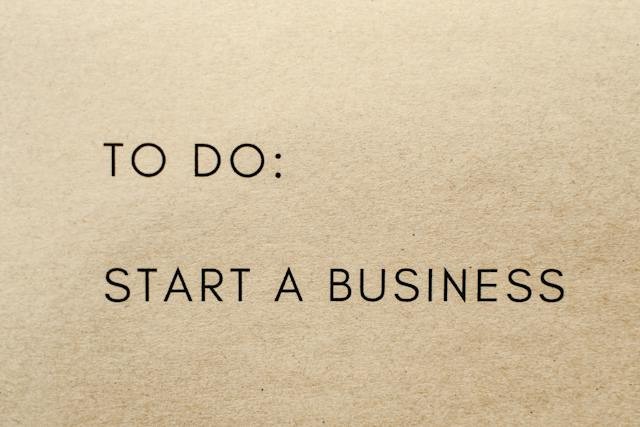
Starting a business is an exciting and challenging journey. This article explores the most important steps to becoming a successful entrepreneur.
We will discover simple but powerful ideas that help new business owners grow their companies. From understanding your customers to managing your money wisely and staying strong through tough times, we cover the basics you need to know.
Whether you are just thinking about starting your own business or are in the early stages of your venture, this article offers practical advice and encouragement for your path to success.
Starting a Business begins with the Right Mindset.
A business startup requires an entrepreneurial mindset. It requires a clear vision and measurable goals. Setting realistic goals helps entrepreneurs create a plan. Most successful small firms have solid infrastructures and goal-oriented employees.
Start with a growth mindset, taking risks, thinking creatively, and seeing failure as learning. Though not everyone wants to quit their work and become entrepreneurs, ambitious professionals looking for extra cash are exploring side hustles.
Also Read: Feast and Franchise: Businesses Serving Up Thanksgiving Joy
Steps in Starting a Business

A step-by-step plan provides a clear roadmap to help entrepreneurs stay organized and focused. It increases the likelihood of the business's success.
Here are some practical steps to start a business.
Choose a Good Business Idea
Starting a business may be simpler than you think. Like all successful enterprises, you need a good idea. Build a consumer-focused product or service from there-research before starting. This step is vital since only 79.4% of startups survive their first year.
Startup growth tactics are needed whether you're starting a business for retirement or profit. Being a lone proprietor and starting a company is fine-you can employ personnel later.
Research your Business Concept
Before advancing your small business idea, conducting thorough market research is crucial. This process involves understanding your potential customers' needs, identifying issues with your product or service, and uncovering niche markets.
Key steps include pinpointing your target audience, engaging with them through surveys and social media, and analyzing your competitors to improve your offering and understand pricing trends. This informed approach is vital for any entrepreneur starting a new venture.
Start a Business Plan
Business plans are critical for investors and management since they explain a new business's strategy and structure. An executive summary, company description emphasizing the product or service's unique value, market analysis, organization structure and management team, mission statement with SMART goals, and product or service outline are essential.
Also included should be a background overview of industry trends, a targeted marketing plan, and a complete financial plan with predicted financial statements and budget. A clear roadmap for internal use and investors, this plan is essential for a successful business initiative.
Register Your Business
To officially establish your business, such as a corporation or LLC, file the necessary paperwork with your state's business agency, often the Secretary of State. This step includes selecting a registered agent for legal document handling and paying a filing fee. Once approved, you'll receive a certificate to apply for licenses, a Tax Identification Number (TIN), and open business bank accounts.
Moreover, apply for an Employer Identification Number (EIN) from the IRS, a requirement for all businesses except sole proprietorships without employees. This application is usually processed quickly, often providing a number in minutes.
Organize Your Finances
Business and personal funds should be separate. How to choose a business checking account and why different accounts are necessary. Your business name and EIN are required to open a business bank account.
This company bank account can be used to pay suppliers and invoice customers. Banks usually require a separate business bank account to grant business loans or lines of credit.
Related Article: Major Changes at Publix: Leadership Shakeup as Kevin Murphy Steps Up as CEO















